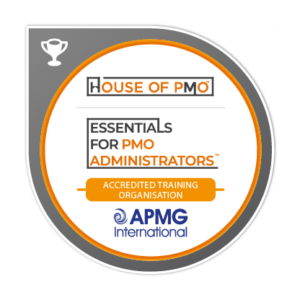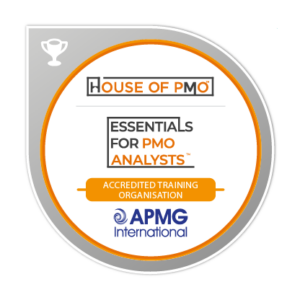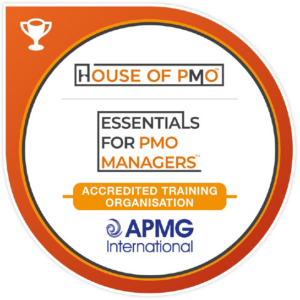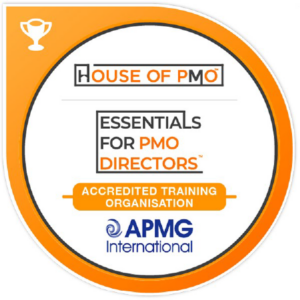
For the past month, we have been focusing on the role of the PMO Administrator and some of their key responsibilities. The purpose of the PMO Administrator role is to support the Project, Programme, or Portfolio Manager and their team in administrative and secretariat aspects.
We have been posting on our social media and LinkedIn Group pain point scenarios of tasks that a PMO Administrator would deal with and posing the question of how would you deal with this?
Below are the 5 scenarios as well as advice on how to tackle them, which has been taken from the Essentials for PMO Administrators course.
- Maintaining Project Diary

Imagine it’s Monday morning and a key project member approaches you to let you know they have made some last-minute changes to the meeting they are hosting on Wednesday. You check the project diary and cannot see any meeting scheduled for this date and the stakeholders are also unaware of this. What are your next steps?
Tackling this issue;
- Establish initial diary – Work with key project members to identify what dates need to go in the diary.
- Establish feeds and recipients – Understand who owns the dates for each activity/ event and ensure you are on their communications plan for any updates or changes. Maintain a list of all stakeholders who need to know of updates or changes to the diary.
- Maintain – Keep diary up to date with all changes and ensure recipients receive updated copies as required.
- Risk Register

Your PMO has received a request from the Programme Manager to update the risk register on their behalf. You review the data, update the register accordingly and chase risk actionees for updates to risk actions. You alert the Programme manager and highlight the risks where no updates have been forthcoming and key dates are imminent. How can you improve this process moving forward?
Tackling this issue;
- Look to book in regular review session with the project, programme or portfolio manager.
- Consider establishing a regular timetable for circulation of the risk register.
- Consider using reporting or automation to identify risks that need immediate attention.
- Collate reports for the Programme Board

You have been asked by a new Programme Manager to collate a series of individual progress reports into a single report for the programme but you haven’t been given a structure or a time-frame of completion. What are your next steps?
Tackling this issue;
- Confirm structure and format – speak to the programme manager to confirm how they would like their information reported.
- Confirm frequency and timing – once the structure and content are agreed you can confirm the timeline for the report.
- Produce timetable for contributors – provide project managers with a timetable by which they need to provide the progress reports through to the PMO.
- Send regular reminders to contributors – to ensure deadlines are met
- Chase up missing information – ask how you can assist or how they would like missing information to be reported.
- Collate reports – ensure all entries are received and note any information that is not available and collate report.
- Maintaining Project Documentation

What are you going to do when a 100-page document lands in your inbox that needs formatting for the next formal document review? What are your next steps?
Tackling this issue;
- Liaise with project manager about how they would like the document to be formatted.
- Ensure you have support and know the processes for document management, filing structures, version control and protective marking schemes.
- It’s time to flex your MS Word muscles and make use of correct Table of Contents, Headings, paragraph structuring and so on.
- Processing Time Sheets

Imagine it’s 4pm on a Friday and half of the project managers have not submitted their time sheet reports? What are your next steps?
Tackling this issue;
- Escalate your concerns that the full data won’t be available to the Programme Manager
- Send out important reminders for those who haven’t submitted their time sheets.
- For future processes, ensure you have regularly scheduled reminders sent out to project managers weeks and days before the deadlines.
- Ensure you know who the project managers are and what days they are working so you know when the best time is to contact them.
The Essentials for PMO Administrators course covers PMO Roles, P3M Administration Competence and P3M Delivery Support Competence. The three-day course will cover the key responsibilities, behaviours and knowledge as well as giving you real-life scenarios and advice on how to deal with them. All our trainers have experience of working in or managing PMO’s and so are able to answer any questions you may have.
Our next virtual course is coming up soon, click here to see upcoming dates.












